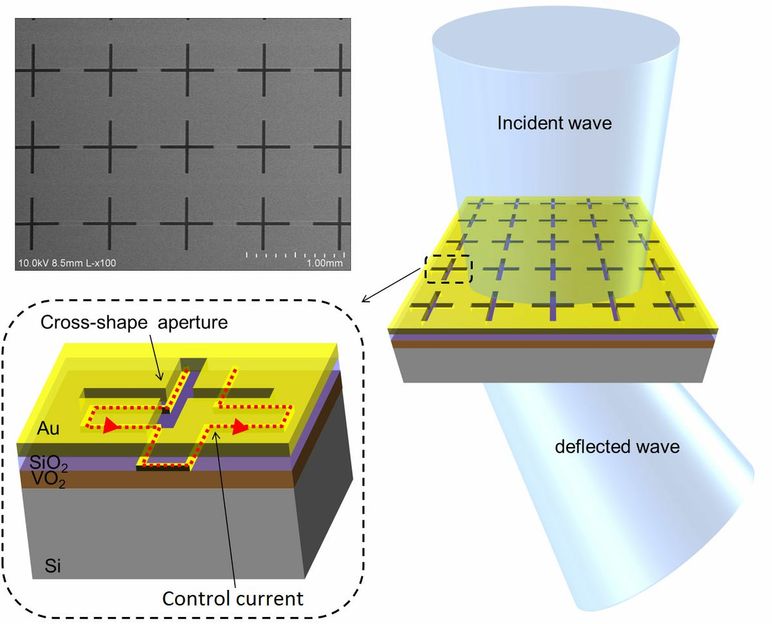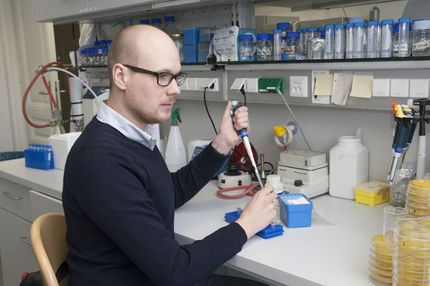Speeding up sugar's conversion into fuel
“We’re only at the dawn of what is a very exciting age in this space”
University of Queensland researchers have found a way to more efficiently convert sugarcane into a building block of aviation fuel and other products.
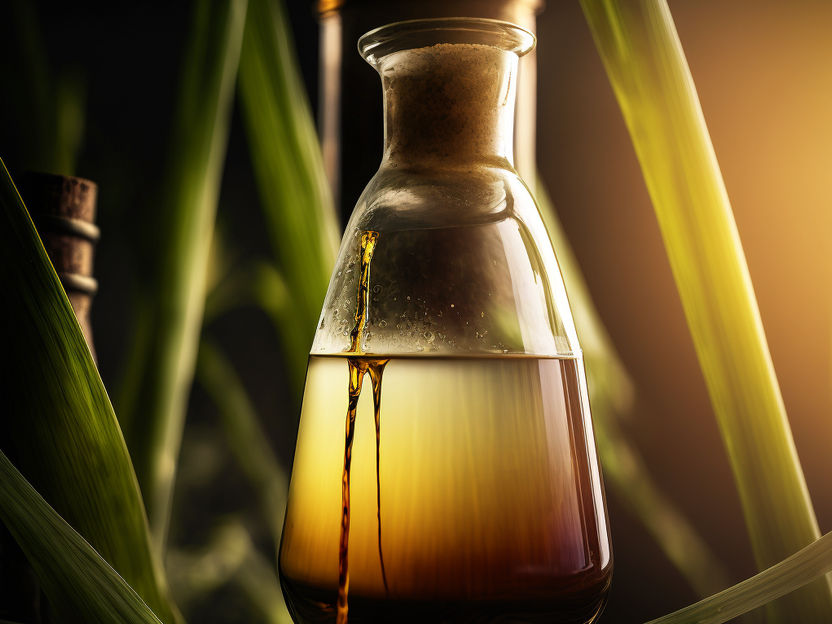
Symbolic image
Computer-generated image
By zeroing in on a specific enzyme, a UQ team working in collaboration with the Technical University of Munich (TUM) has sped up the slowest step in processing sugar into a chemical called isobutanol.
Professor Gary Schenk from UQ’s School of Chemistry and Molecular Biosciences said isobutanol from a renewable resource could be used to make fuels, plastics, rubbers and food additives.
“Our research into this particular enzyme means we can accelerate the production rate and yield of isobutanol from sugarcane, ultimately enabling biomanufacturers to make diverse products at scale sustainably and efficiently,” Professor Schenk said.
“Usually during a biomanufacturing process, cells such as yeasts are used as a production platform, but in our research only a small number of a sugar acid-specific dehydratase enzyme was used.
“Having sugar-converting enzymes operate outside a cellular environment meant we could bypass many of the pitfalls of the more traditional cell-based biomanufacturing methods.
“This has led to much higher yields of isobutanol with fewer unwanted side products.”
Cell-based production of isobutanol from sugar creates about 25 grams per litre of liquid cell culture but in the UQ study, the cell-free method produced at least 10 times that amount.
“The cell-free method gives biomanufacturers more control and results in much higher yields, meaning a higher return on their investment and a more sustainably produced product – it’s a win-win,” Professor Schenk said.
“One limitation in creating bulk products like aviation fuel with a cell-free process has been the availability of enough enzymes but developments in enzyme engineering and production mean large-scale production is now achievable.
“We’re only at the dawn of what is a very exciting age in this space.”
Professor Damian Hine from UQ’s Queensland Alliance for Agriculture and Food Alliance said the research proved the enormous potential of cell-free biomanufacturing.
“While there have been commercial limitations to producing the enzymes, we now have enough evidence to show that large-scale manufacturing using the cell-free enzymes process is commercially viable and should play a major role in future biomanufacturing,” he said.
Original publication
Other news from the department science

Get the chemical industry in your inbox
By submitting this form you agree that LUMITOS AG will send you the newsletter(s) selected above by email. Your data will not be passed on to third parties. Your data will be stored and processed in accordance with our data protection regulations. LUMITOS may contact you by email for the purpose of advertising or market and opinion surveys. You can revoke your consent at any time without giving reasons to LUMITOS AG, Ernst-Augustin-Str. 2, 12489 Berlin, Germany or by e-mail at revoke@lumitos.com with effect for the future. In addition, each email contains a link to unsubscribe from the corresponding newsletter.
Most read news
More news from our other portals
Last viewed contents
Carnelian_beads
Devgen nv and Dogal A.S. receive regulatory approval for Devgen's nematicide product in Turkey
WACKER to Build New Production Facilities for Dispersions and Polymer Powders in South Korea
European Commission Statement of Objections - Ciba Inc. confirms that it has received a Statement of Objections from the European Commission
LGC and AKOS combine to offer expanded drug development services
European_Gemological_Laboratory_(USA)
BASF raises prices for Neopentylglycol and Trimethylolpropane
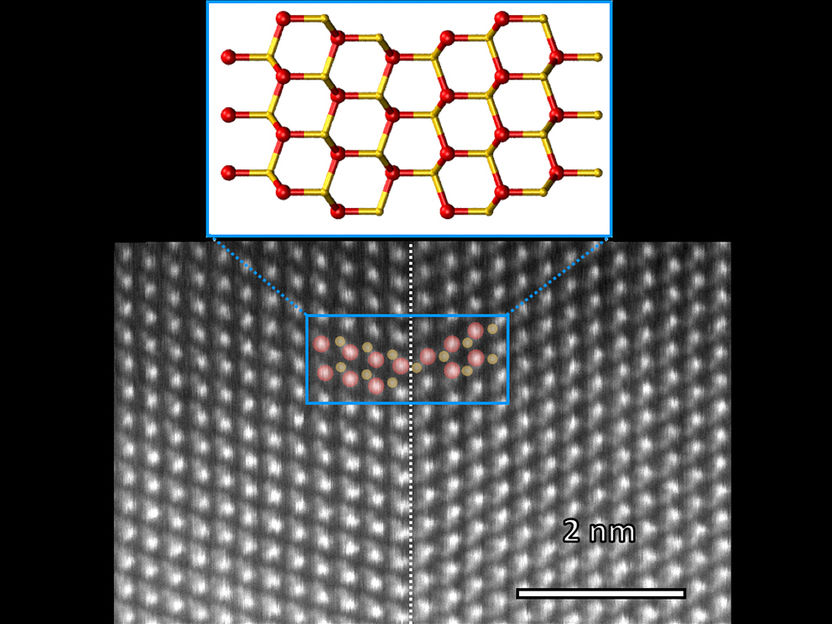
Better thermal conductivity by adjusting the arrangement of atoms
Günter_Wirths
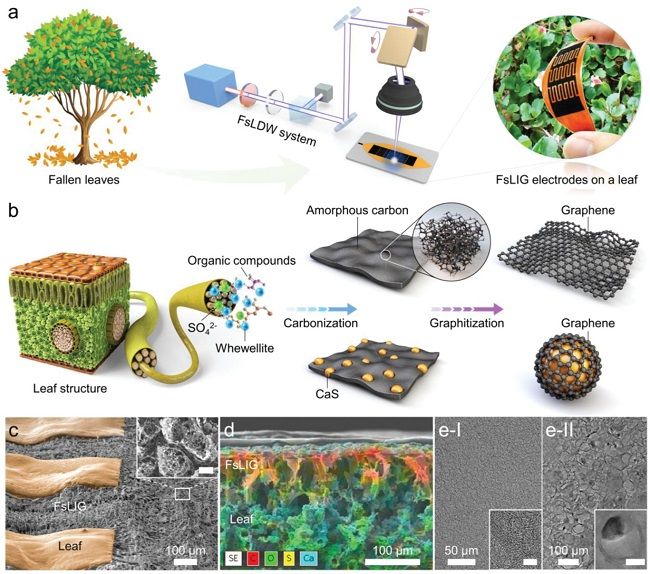
Eco-friendly micro-supercapacitors using fallen leaves - Femtosecond micro-supercapacitors on a single leaf could easily be applied to wearable electronics, smart houses, and IoTs
